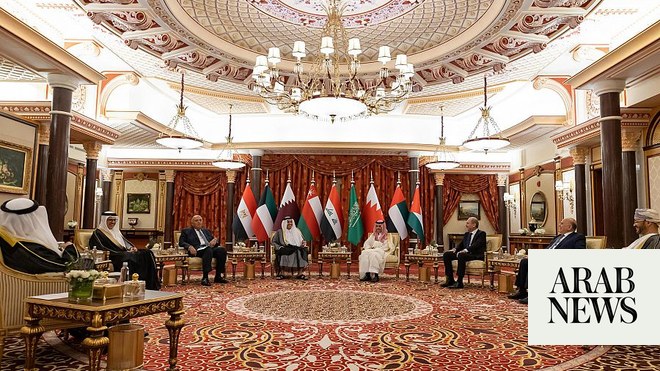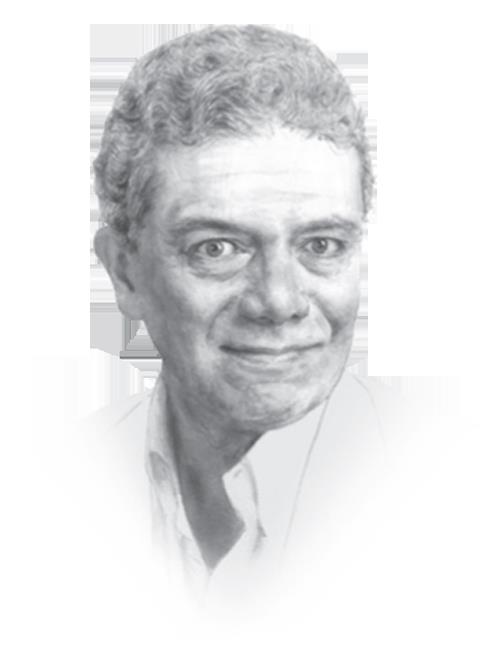
Former US Ambassador to Syria James Jeffrey last week said the country’s crisis cannot be solved without Turkey’s involvement. He said this during a panel discussion organized by a Turkish think tank.
Jeffrey served as the US ambassador to Turkey between 2008 and 2010 and to Iraq between 2010 and 2012. Before that, he was deputy national security adviser. He speaks fluent Turkish. Thanks to all these attributes and his thorough knowledge of the intricacies of the Middle East, he made substantive contributions to the shaping of Washington’s Syria policy.
His visit to Turkey provided an opportunity to shed light on some unclear aspects of Turkey-US relations and update the notes.
No country is innocent in its dealings with the Syrian crisis, but successive US administrations have had a detrimental impact because Washington played an important role throughout the crisis. At the outset, it assumed the leadership role in protecting demonstrators from the disproportionate use of Syrian military force, but it gave up this task too soon. The Obama administration unnecessarily hesitated on the question of responding to chemical attacks on civilians. At a later stage of the crisis, it also started curbing Iranian efforts to consolidate its military and political presence in Syria.
At present, Washington encourages Turkey to counter the Syrian government forces in Idlib, while in the northeast of the country it is almost at war against Ankara on the side of the Kurds. In the interviews that Jeffrey gave after the panel discussion, he repeated that America’s support for Kurds is merely tactical, implying that, unlike with the Kurds, its relations with Turkey are of a strategic nature. Turkey is not persuaded by this explanation because, whatever support the US provides to the Kurds, it ultimately amounts to strengthening their fighting capacity.
Upon being asked whether the US would protect the Kurdish fighters of the Syrian Democratic Forces if Turkey were to carry out a new military operation in Syria, Jeffrey gave an evasive answer by saying that he was sure Ankara would abide by the ceasefire agreed between Turkey and the US in 2019. This is nothing less than a warning that the US would become uneasy if Turkey carried out yet another military operation in Syria. To be realistic, there is little prospect that America would bring to an end its strong support for the Kurds. America’s claim that it is supporting the Kurds only for the purpose of fighting Daesh is also unconvincing.
The Trump administration’s Syria policy could hardly be characterized as stable and consistent. Due to his moody style, President Donald Trump made abrupt decisions that surprised even the various departments of his own administration. As for President Joe Biden, he has not yet disclosed his Syria policy, but there is no sign of a major shift on the horizon. Many countries may be waiting for him in order to adjust their policies to that of the US. Jeffrey seems to be a strong supporter of keeping US forces in the northeast of Syria. He believes this is important for interrupting Iran’s supply lines to Syria and Lebanon.
Jeffrey has also alluded to intensive contact between Turkey and the US aimed at stemming both Iran’s activities in Syria and Russia’s growing influence in the Black Sea region. It seems that Turkey will have to walk a tightrope because of the delicate balance that needs to be observed between two major powers: Russia and the US.
Turkey’s purchase of the Russian-manufactured S-400 air defense system continues to cast a shadow over Turkish-US relations. Ankara is trying to maintain cooperation by keeping alive the possibility of it upgrading the US-manufactured F-16 fighter jets in its inventory and purchasing new F-16s, thus preventing a total collapse in relations.
Meanwhile, Syrian President Bashar Assad has moved from the status of survival to a stage of consolidating his position. In Turkey, apart from the pro-government media, few believe that Assad will agree to cede his place.
Iran is trying to further consolidate its presence in Syria and complete the missing link between Tehran and the Lebanese Hezbollah. This effort collides from time to time with Russia’s ambitions to settle more strongly in Syria. Moscow would prefer to be the only foreign actor in Syria and is uneasy with some of the Iranian activity.
Jeffrey’s suggestion that the Syrian crisis cannot be solved without Turkey’s involvement is not an overstatement. He may have meant it, but this should not be construed as Ankara having a monopoly of the methods that could lead to the solution of the crisis. In fact, it holds several keys for that purpose, but it may contribute to the solution only if these keys are used in a constructive way.












